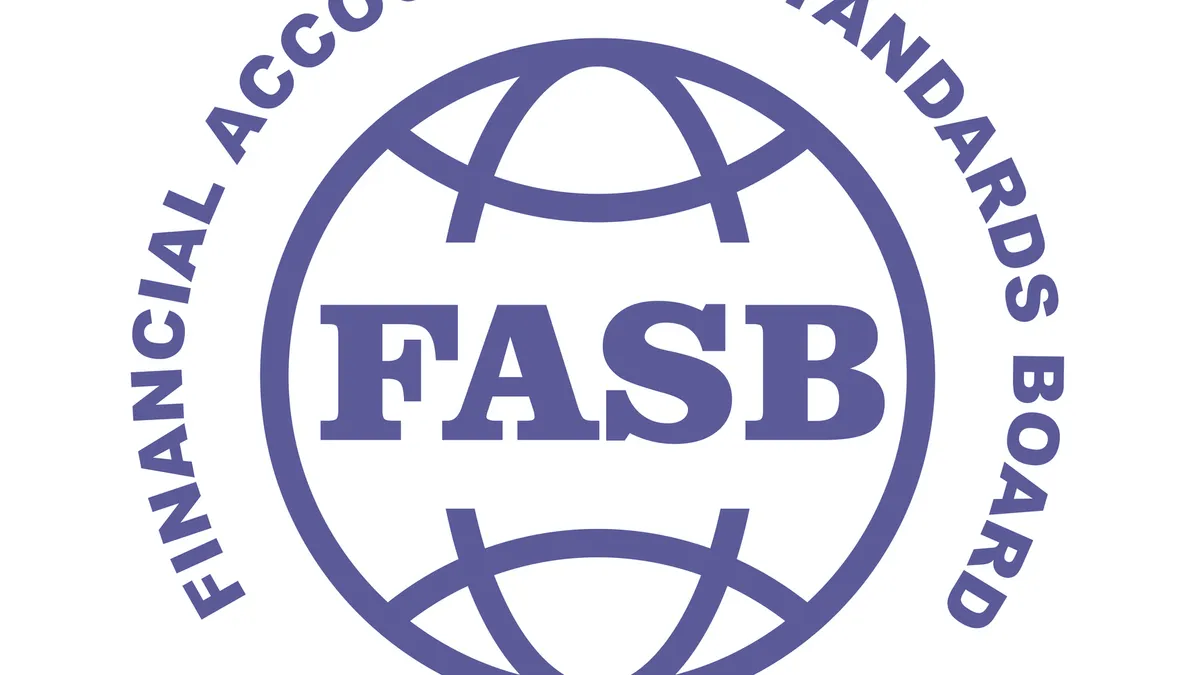Editor’s note: This article was inadvertently unpublished from the site briefly. We apologize for any inconvenience.
Dive Brief:
-
The Financial Accounting Standards Board appointed Hillary H. Salo to a five-year term on the seven-member body that will begin on June 30 of next year, when James L. Kroeker, who currently serves as vice chairman of the FASB, steps down from his second and final term, according to a release this week.
-
Salo’s appointment will bring the total number of women on the board to 5, with men numbering 2, if there are no other changes in board membership by then. The appointment follows closely on the heels of Joyce Joseph joining the FASB on July 1, which marked the first time in the board’s 50-year history that women outnumbered men, according to a FASB spokesperson.
-
Salo, an alum of the Big Four firm KPMG who has also served as a fellow in the Office of the Chief Accountant at the Securities and Exchange Commission, has worked full-time for FASB as a technical director since August of 2020 and also chairs its Emerging Issues Task Force. FASB Chair Richard R. Jones credited Salo with guiding the FASB’s agenda reprioritization effort and said she would make significant contributions to the board, stating that her “broad technical knowledge and open-listening nature allow her to consider various stakeholder perspectives and are great assets for the Board.”
Dive Insight:
The FASB declined to make Salo available for comment and the spokesperson said no announcement has been made regarding the board’s plans to fill the vice chair position when Kroeker’s term ends.
Salo is joining the board at a time when the U.S. accounting standards setter has drawn some criticism about it being too slow to adjust standards to fast-changing business practices. But it has taken on a wide range of new projects to update rules since undertaking a 2021 agenda consultation process in which it pushed to get feedback on what changes stakeholders wanted, CFO Dive previously reported.
Most recently, it added a project to its high-priority technical agenda that is poised to set new accounting requirements for how banks must report their statements of cash flow. It is also developing new standards for government grants and has recently finalized standards that establish fair value as the method for accounting for certain crypto assets.















